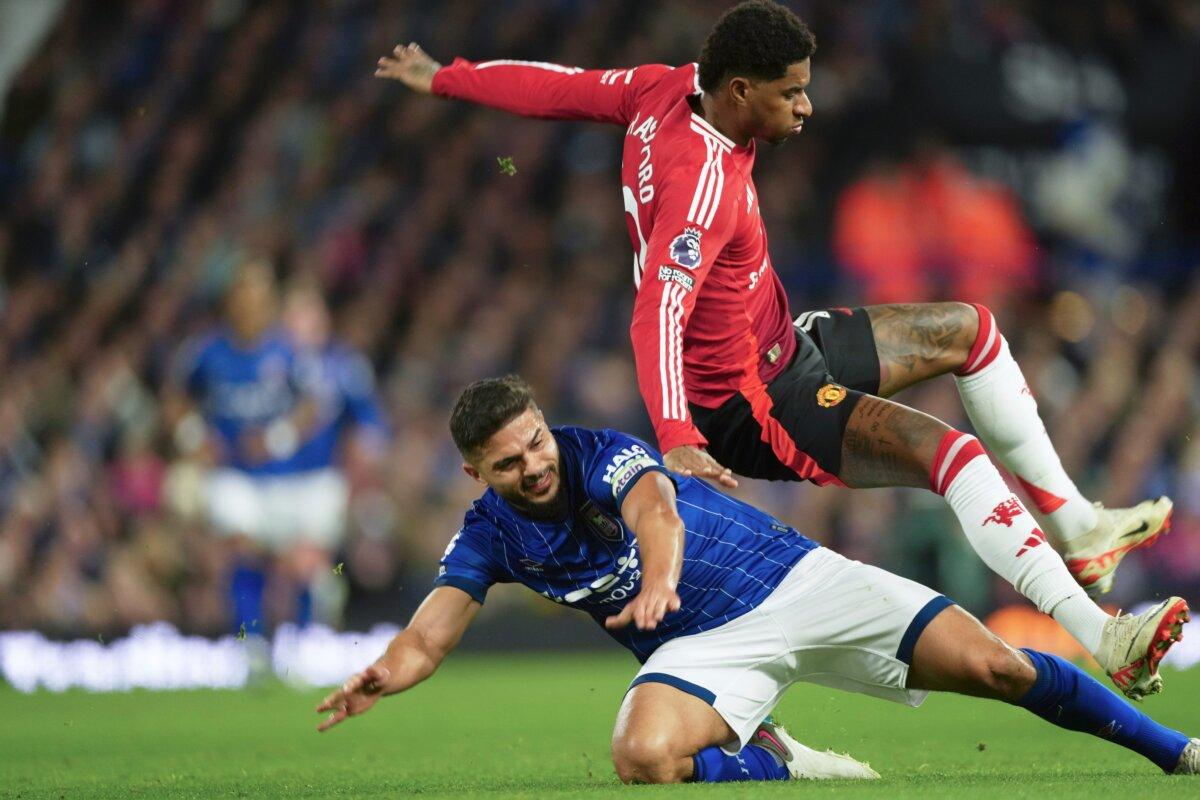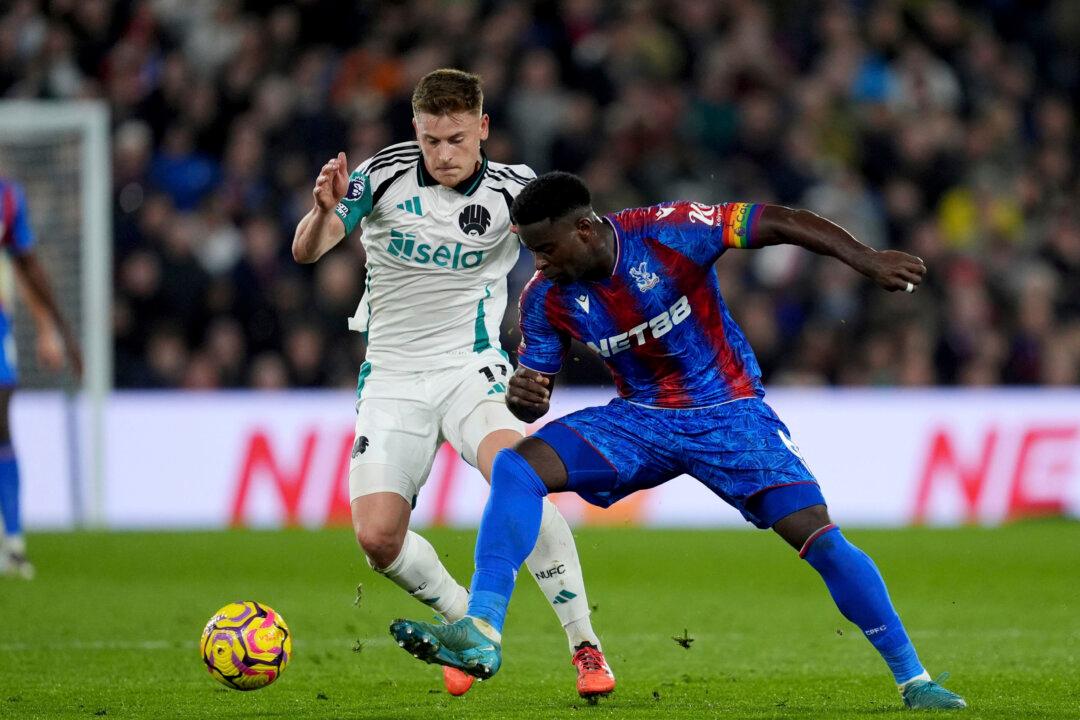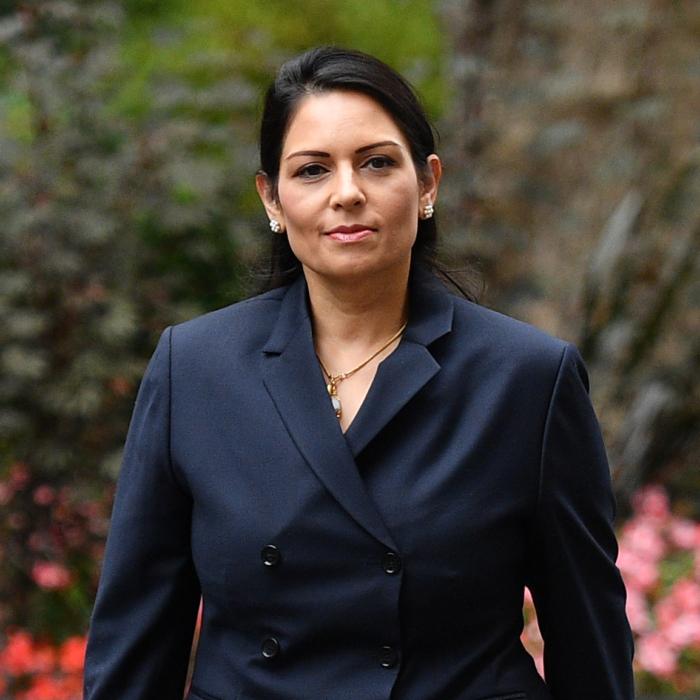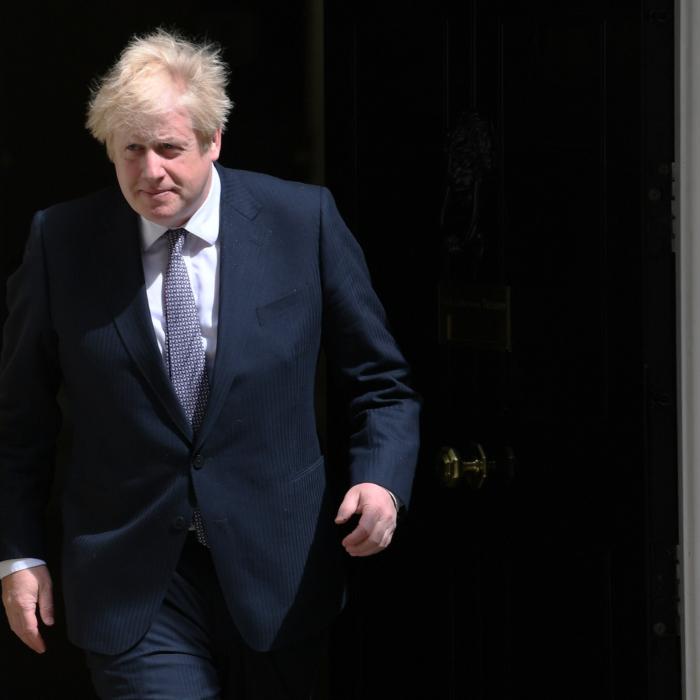The captains of two English Premier League teams are in the spotlight after declining to wear rainbow armbands or modifying them because of their religious beliefs.
Rainbow-coloured captain armbands were issued to the 20 premiership clubs for matches last weekend and the upcoming midweek round as part of the league’s partnership with the Rainbow Laces campaign.
Ipswich’s Sam Morsy, a British-born midfielder and a practicing Muslim, chose not to wear the symbol on his jersey when he led his team to a 1-1 draw against Manchester United on Sunday.
Teams Meet on Tuesday
Guehi, a devout Christian who also plays for England, could face punishment from football bosses if this is judged to be a religious slogan. The laws of the game allow “initiative slogans or emblems,” but do not allow for “political, religious or personal slogans, statements or images.”The two men are expected to lead their teams out when Ipswich play Crystal Palace at Portman Road on Tuesday.
The league has not made it compulsory for captains to wear the rainbow armband, instead allowing individual players to make their own choice.
Partnership with Stonewall
The league’s Rainbow Laces campaign was introduced in 2013 in partnership with Stonewall, and includes a range of activities to “highlight community and education initiatives designed to encourage discussion and promote allyship“ with what it terms the ”LGBTQ+ community.”Backed by betting giant Paddy Power and branded as an anti-homophobia campaign, Rainbow Laces initially fell foul of some gay rights groups in 2013 because of the sexualised innuendo in its original slogan, “Right Behind Gay Footballers.”
Rainbow Laces branding is prominent in stadiums, inscribed on objects including corner flags and ball plinths.
Justin Fashanu, the first black £1 million footballer, also became the first footballer to be openly gay in 1990. He took his own life in 1998, after being questioned by police over allegations of sexual assault.

Pushback in Recent Years
There has been pushback against the expectation that players must show their allegiance to the LGBT community by wearing the rainbow, or take part in other performative gestures, such as taking the knee, in recent years.Idrissa Gueye, a Senegalese-born Everton midfielder, missed a game citing “personal reasons” after declining to wear rainbow-coloured numbers in 2022.
In France, Nantes fined striker Mostafa Mohamed for refusing to play against Toulouse last year on the weekend teams wore rainbow-coloured numbers on their jerseys.
In May, Monaco midfielder Mohamed Camara was given a four-game suspension by the French league for covering up a compelled message about homophobia on the team’s shirt during the final league game of the season.
Ipswich FC said it “respect[s] the decision” of Morsy and is “committed to being a fully inclusive club.”
“We will continue to grow an environment where all are valued and respected, both on and off the pitch,” Ipswich said in a statement.







